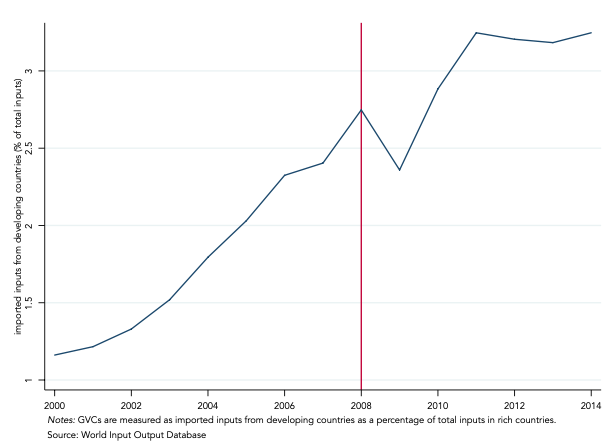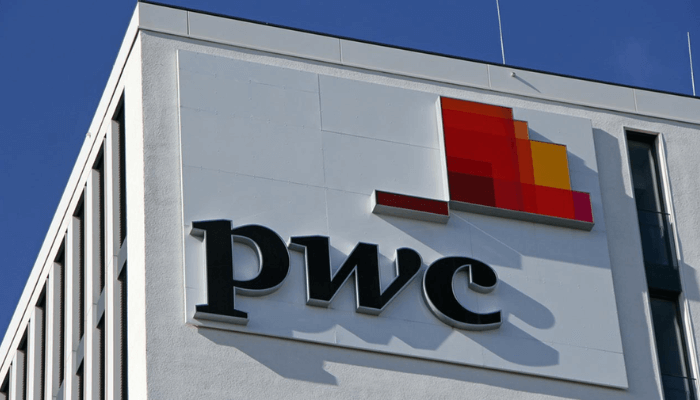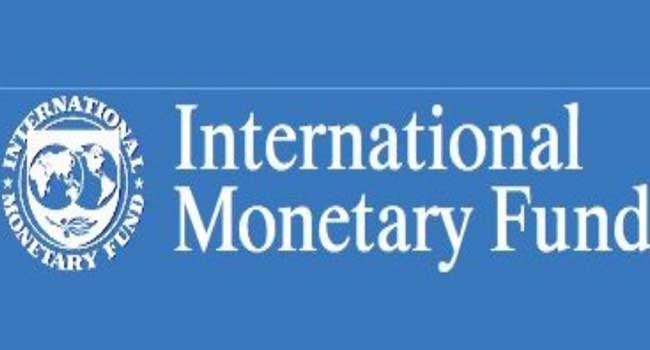World Bank Keeps Nigeria’s 2025 Economic Growth Steady at 3.6 Percent Despite Global Risks
The World Bank has maintained its projection that Nigeria’s economy will grow by 3.6% in 2025, even as it cuts global growth forecasts amid increasing trade tensions. This announcement came in its new Global Economic Prospects report, where it slashed growth estimates for nearly 70% of economies, including the US, China, and European nations.
According to the report, global growth for 2025 has now been reduced to 2.3%, down 0.4 percentage points from earlier projections. The World Bank pointed to rising tariffs and economic uncertainties as significant barriers affecting most countries. However, Nigeria appears to be one of the few nations maintaining a positive outlook.
Earlier in the year, the World Bank forecasted a 3.4% growth for Nigeria in 2024. The revised 2025 projection remains steady at 3.6%, with expected further improvements to 3.8% in 2026 and 2027. This growth is being driven by key domestic reforms and investments, especially in financial services and ICT, helping to stabilize the country’s business environment.
But will Nigeria’s oil production continue to support its economic expansion? According to the report, the industrial sector remains under pressure due to sluggish crude oil production. The World Bank noted that while services are boosting economic output, the oil sector’s growth remains subdued.
Nigeria, and much of Sub-Saharan Africa, will face limited direct risks from US-China trade wars, as the region has less exposure to these markets for manufacturing exports. Yet, the World Bank warns that if global trade tensions escalate further or if there is a sharp slowdown in China’s economy, countries in the region could see serious impacts—especially those reliant on commodity exports.
There are also growing concerns about ongoing violence and climate-related challenges across the continent. The World Bank says high levels of conflict and environmental disasters are already putting pressure on growth and worsening living standards. Public debt remains high, with many countries facing limited budget flexibility due to rising debt service costs.
In addition, the report warns that per capita income growth in Nigeria and other SSA countries will remain low, projected at just 1.6% annually between 2025 and 2027. Without stronger policies and reforms, extreme poverty is unlikely to reduce meaningfully. The World Bank noted that in over 25% of SSA economies, income levels in 2027 will still not return to pre-COVID levels.
The U.S. Ambassador to Nigeria recently indicated a shift from aid to private investment, a sign that traditional development assistance may be declining. This raises new questions about how countries like Nigeria will finance social and infrastructure needs moving forward.
With Nigeria’s working-age population set to rise rapidly, the World Bank stressed the urgent need for job creation. It warns that unless structural bottlenecks are addressed, the country may struggle to generate enough employment opportunities for its growing youth population.
Despite global uncertainty, Nigeria’s 2025 growth outlook remains hopeful. However, experts agree that sustained reforms, better security, and a stronger focus on job creation will be essential to keep that growth on track.
















